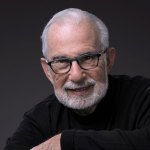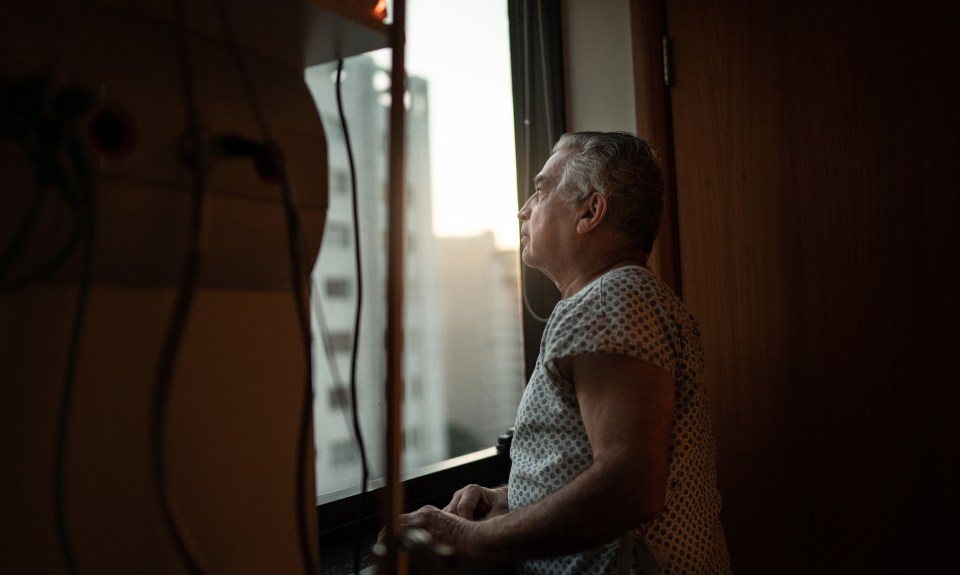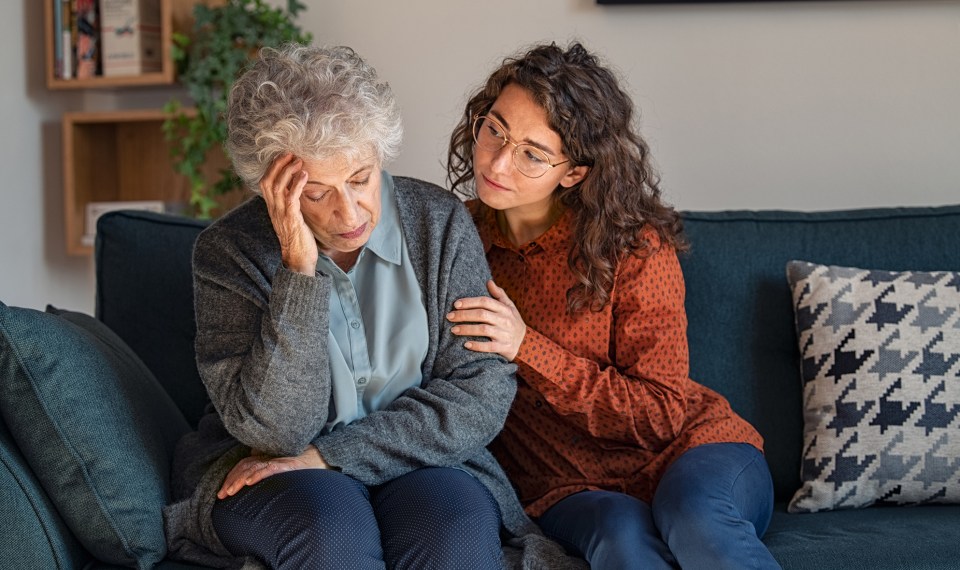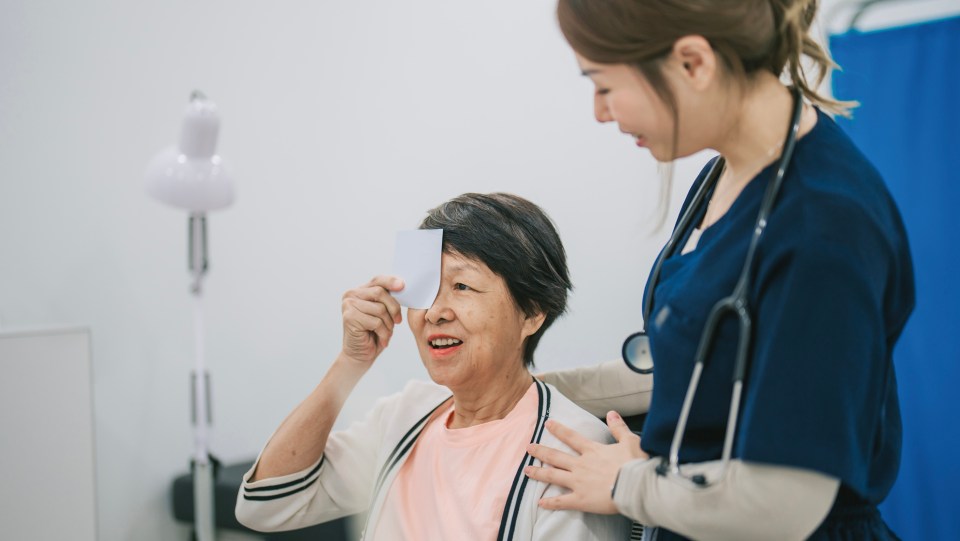Because nothing is absolutely determined, there is not only reason to fear but also reason to hope. And so, we must find ways to bridle fear and give greater rein to hope.
Jerome Groopman, MD, 2004, “How People Prevail in the Face of Illness: The Anatomy of Hope”
It is a delicate balance. Patients and their families want the facts about their prognosis and what the future holds for them. At the same time, they are looking for any kernel of hope to grasp and hold on to. That leaves all of us trying to find that place somewhere between not losing hope and not delaying conversations about the challenges that lay ahead. It is not unusual for physicians to err on the side of providing the reality of uncertainty early in the care of a seriously ill patient, believing that patients and families are ready to hear it.
However, early in a stroke or other illness, it can be difficult to accurately predict the future. There are times when patients and families may have unrealistic expectations about their potential. This can place clinicians in a difficult position. What is realistic optimism? Is there any downside to maintaining hope in these situations?
What is Hope?
According to Dr. Rosenberg, hope “consists of wanting something and perceiving it can be achieved.” Hope is a good thing and is associated with:
- Improved physical and mental health
- Healthy relationships
- Better functional status
- Improved coping
If that all sounds good, can hope be a bad thing? Probably not. Even patients with “false” hope have better psychological outcomes. You and your family can usually only absorb so much information at any given time. You should not hesitate to tell your doctor that they need to slow down and let you absorb what you have been told. You can ask if there is a quiet time at the end of the doctor’s day to meet and answer all of your questions.
Hope, I have come to believe, is as vital to our lives as the very oxygen that we breathe.
Jerome Groopman, MD, 2004, “How People Prevail in the Face of Illness: The Anatomy of Hope”
Everyone Has a Role
Some clinicians may try to convince patients to give up on their hopes and accept the clinician’s reality. This is a major mistake. It is consistent to both maintain hope and have a realistic understanding of the future. Hopes are fluid and change during an illness. You can know that you are dying yet still hope for a cure or that the clinician’s prognosis is wrong. We should all hope for a good death.
Clinicians should help patients and families navigate their illness and not challenge their hope. You and your family can have multiple hopes and your healthcare team needs to explore these hopes to find a sense of balance
Hope for the New Year
These are not New Year’s Resolutions, which are rarely kept. The most common resolution is to diet and lose weight. Just about all of us break that one fairly quickly! So, I am going to ask you to pick just three goals to start 2022. You must see your goals as possible. Write them down as a reminder. Here are just a few examples.
- Look at your situation and find potential small victories:
- I will dress or brush my teeth without help.
- I will be able to go to the bathroom without help.
- I will finish a crossword puzzle each week.
- I will create a list of books I want to read or listen to.
2. Try to create a positive image in your mind and focus on what is good in your life. Most of the time it outweighs the negative. Serious illness and strokes are not easy, but they do leave us with many things that still bring us joy and satisfaction. More than anything else, remain optimistic. You may want to start each day with a positive thought of something you can do.
3. Detach from the news and try to decrease your screen time on your devices and television. Many studies show the benefit of avoiding this constant stream of negativity.
We all need to learn to partner together in this journey and manage multiple hopes. You can believe in the unlikely while simultaneously accepting the inevitable.
The content of this site is for informational purposes only and should not be taken as professional medical advice. Always seek the advice of your physician or other qualified healthcare provider with any questions you may have regarding any medical conditions or treatments.




